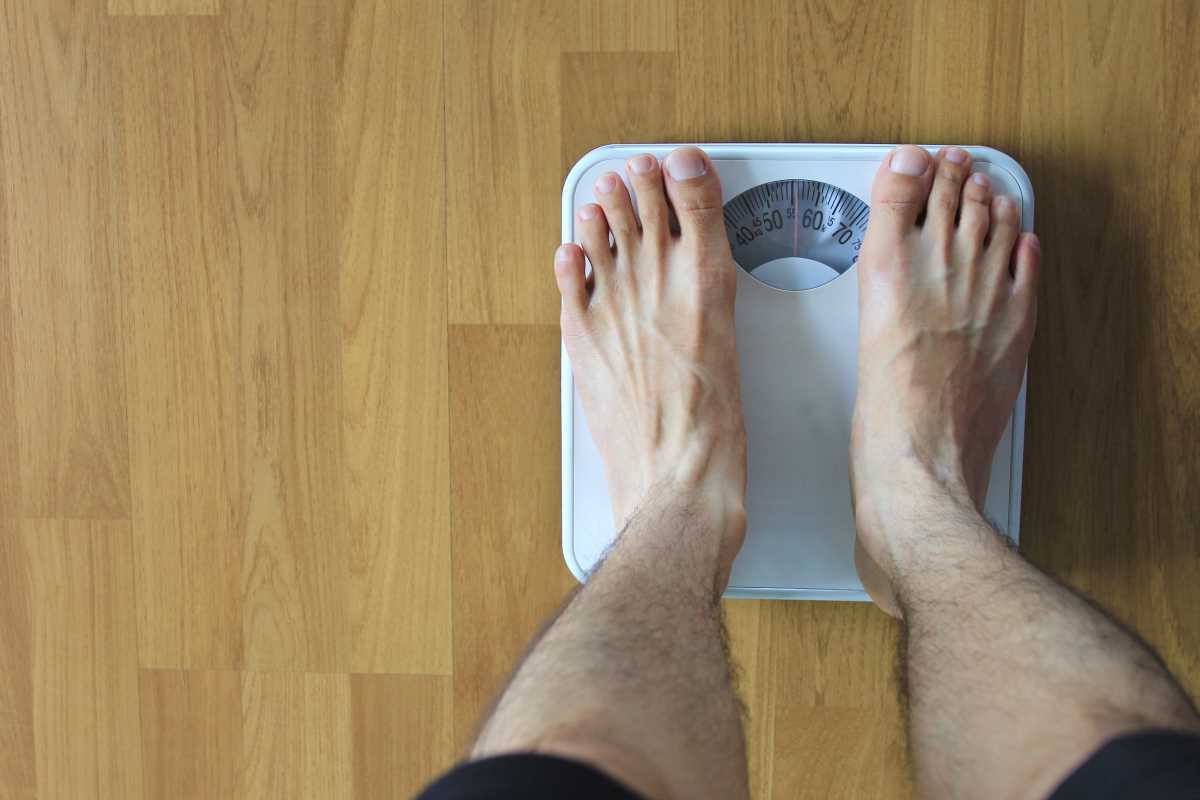Sleep is a fundamental pillar of health, yet many of us struggle to get the quality rest we need. Whether it’s due to stress, poor habits, or external distractions, losing sleep doesn’t just leave us feeling sluggish the next day; it affects nearly every aspect of our well-being, from mental clarity to physical health. Fortunately, improving your sleep doesn’t always require medication or complicated interventions. By making small, natural changes, you can transform the way you rest and wake up feeling revitalized.
This guide unpacks the science behind sleep and offers practical, science-backed strategies to improve it naturally.
Why Sleep Is Essential for Health
Sleep isn’t just a period of inactivity. It’s a highly active biological state where your body repairs, rejuvenates, and resets.
Some of the key benefits of getting enough high-quality sleep include:
- Cognitive Function: Sleep sharpens memory, concentration, and decision-making.
- Immune Health: During sleep, your body produces cytokines, which are vital for fighting infection and reducing inflammation.
- Physical Recovery: Muscles are repaired, and growth hormones are released during deep sleep, which is crucial for physical health.
- Mental Health: Sleep directly affects mood. Poor sleep can contribute to stress, anxiety, and even depression.
To achieve these benefits, experts recommend seven to nine hours of sleep per night for most adults. However, sleep is not just about quantity; quality matters too.
1. Create a Sleep-Friendly Environment
Your bedroom environment can make or break your ability to fall and stay asleep. A sleep-friendly space should be comfortable, dark, quiet, and cool.
Tips for Optimizing Your Bedroom:
- Keep it Dark: Darkness signals your brain to produce melatonin, the hormone responsible for sleep. Use blackout curtains, an eye mask, or turn off electronic devices that emit light.
- Set the Right Temperature: A cool room (around 60–67°F) is ideal for sleep. If you don’t have air conditioning, a fan can help regulate the temperature.
- Eliminate Noise: Noise disrupts sleep cycles, even if you don't wake up fully. Consider investing in a white noise machine or earplugs to block out disturbances.
- Declutter and Simplify: A clean, organized bedroom promotes relaxation. Remove work materials, excessive electronics, or anything that doesn’t contribute to restful sleep.
Pro Tip: Your mattress and pillows play a key role in comfort. Replace them every 7–10 years or whenever they lose their supportive quality. Go for hypoallergenic materials if you’re prone to allergies.
2. Develop a Consistent Bedtime Routine
One of the best ways to train your body for better sleep is by sticking to a regular routine. Consistency reinforces your circadian rhythm, the body’s internal clock that regulates sleep-wake cycles.
Steps to Build a Routine:
- Go to Bed at the Same Time Every Night: Even on weekends, sticking to a consistent bedtime helps your body know when it’s time to wind down.
- Create a Wind-Down Ritual: Use the 30–60 minutes before bed to relax. This might include dimming the lights, reading, meditating, or taking a warm bath.
- Avoid Screens Before Bed: Blue light from phones, tablets, and TVs interferes with melatonin production. Put devices away at least an hour before sleep.
The Role of Pre-Sleep Habits:
Activities like journaling about your day or listening to soothing music can signal to your brain that it’s time for rest. Experiment with different rituals to find what works best for you.
Pro Tip: A calming herbal tea, such as chamomile or lavender, can also be a great addition to your pre-sleep routine.
3. Manage Stress for Better Sleep
Stress is one of the biggest disruptors of sleep quality. When your brain is overactive or preoccupied with worries, falling asleep can feel impossible. Learning to manage stress can work wonders on your nightly rest.
Techniques to Reduce Stress:
- Practice Mindfulness or Meditation: Deep breathing exercises, progressive muscle relaxation, or guided meditation can calm your mind before sleep.
- Write It Down: If your mind races as soon as you lie down, try a “brain dump” where you write out your thoughts or tomorrow's to-do list to clear mental clutter.
- Limit Stimulants: Caffeine and sugar can keep you feeling wired longer than you think. Avoid these at least 6 hours before bed.
Reset with Daylight:
Natural light also plays a key role in regulating your sleep-wake cycle. Spending time outside during the day can reduce stress and help your body stay in sync with its natural rhythm.
Pro Tip: Pair mindfulness with aromatherapy using calming essential oils like lavender or sandalwood to enhance relaxation.
4. Use Natural Sleep Aids Wisely
Nature offers many tools to promote better sleep without relying on artificial aids or medication.
Science-Backed Natural Remedies:
- Melatonin Supplements: This natural sleep hormone can be particularly helpful if you’re battling jet lag or need occasional support falling asleep.
- Magnesium: Found in leafy greens and nuts, magnesium relaxes muscles and can aid in a deeper sleep. Consider a supplement or an Epsom salt bath as part of your bedtime routine.
- Herbal Teas and Extracts: Ingredients like valerian root, chamomile, and ashwagandha are known for their calming properties.
Caution: While natural supplements are generally safe, it’s still a good idea to consult with a healthcare provider before introducing anything new into your routine.
5. Avoid Common Sleep Disruptors
Finally, improving rest often starts with avoiding things that might sabotage your quality of sleep without you realizing it.
Habits to Avoid:
- Overeating Before Bed: Large meals can make you uncomfortable and disrupt digestion, so aim for a light snack instead.
- Excessive Alcohol: While alcohol may help you fall asleep initially, it interferes with REM sleep, leaving you feeling unrefreshed.
- Long Naps During the Day: Limit daytime naps to 20–30 minutes to prevent nighttime sleep disruptions.
Pro Tip: Drink your last glass of water at least an hour before bed to avoid frequent trips to the bathroom.







